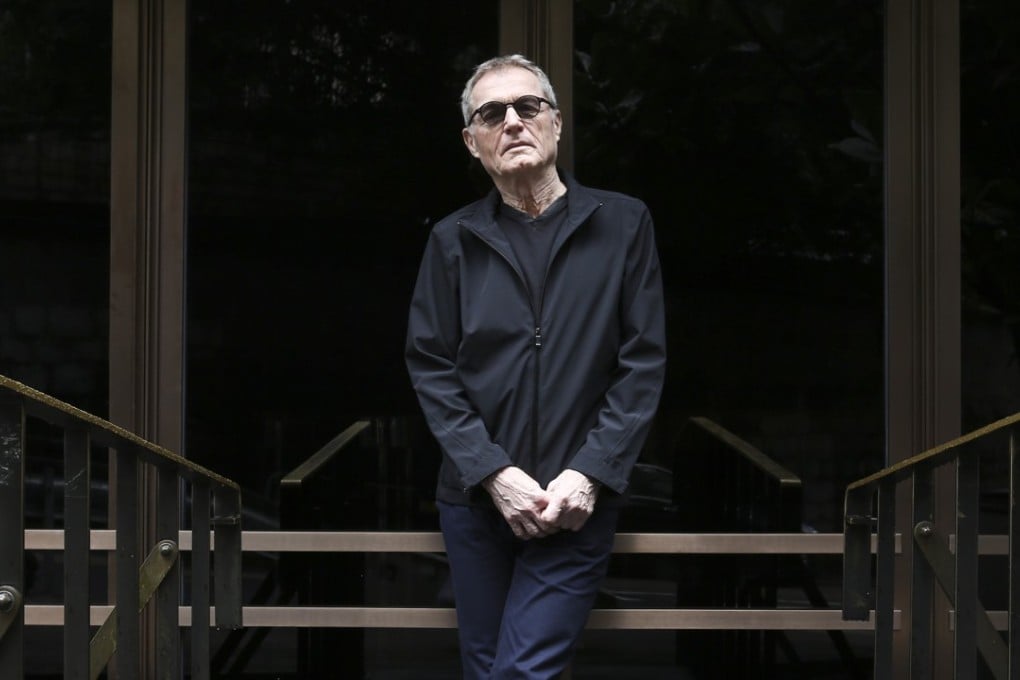Hongkonger Marc Progin on 20 years of adventure in Mongolia, buying an eagle, and biking 3,500km across the Gobi at 72
The Swiss former watchmaker and long-time Hong Kong watch agent tells of his encounters with nomads, eagle hunters and a bear, and how desert journeys broaden the mind

I was born in 1945 in a small town in Switzerland called Peseux. It is a beautiful place by a lake and overlooked by mountains and has followed me all my life. Now, when I am in the wild in Mongolia, I recall those days in the forest and fishing in the lake.
I became a watchmaker. The job meant sitting assembling parts all day and my mind was usually elsewhere, I wanted to get out. The good thing about being a watchmaker is once you have your tools, you can travel anywhere.
I went to London for a couple of years. I was 24 and the Kings Road and Carnaby Street were crazy. Some hippies asked me to make a pendant watch for them. Steel would have been too heavy so I started making them from wood and sprayed them psychedelic colours and they went mad for them.
I also liked to write poetry, especially for ladies, and to play guitar. When I went back to Switzerland I got a job with Timex, they were the first to do cheap production of watches. They employed me as a field engineer and I travelled to their factories all over the world – Scandinavia, Finland, Brazil.
I was invited to the Ministry of Light Industry in Beijing. They took me to a watch factory and I realised why they rarely let visitors see it – half the factory ... produced ... components for grenades and ammunition
I was still writing and playing music and thought it was time to get serious about my life. I was offered a job in Hong Kong, to be the Asian representative of a Swiss watch group and I signed a five-year contract. The day I signed it I was so happy, I went to a bar for a drink and it was there I met Madeline, the woman who would become my wife.